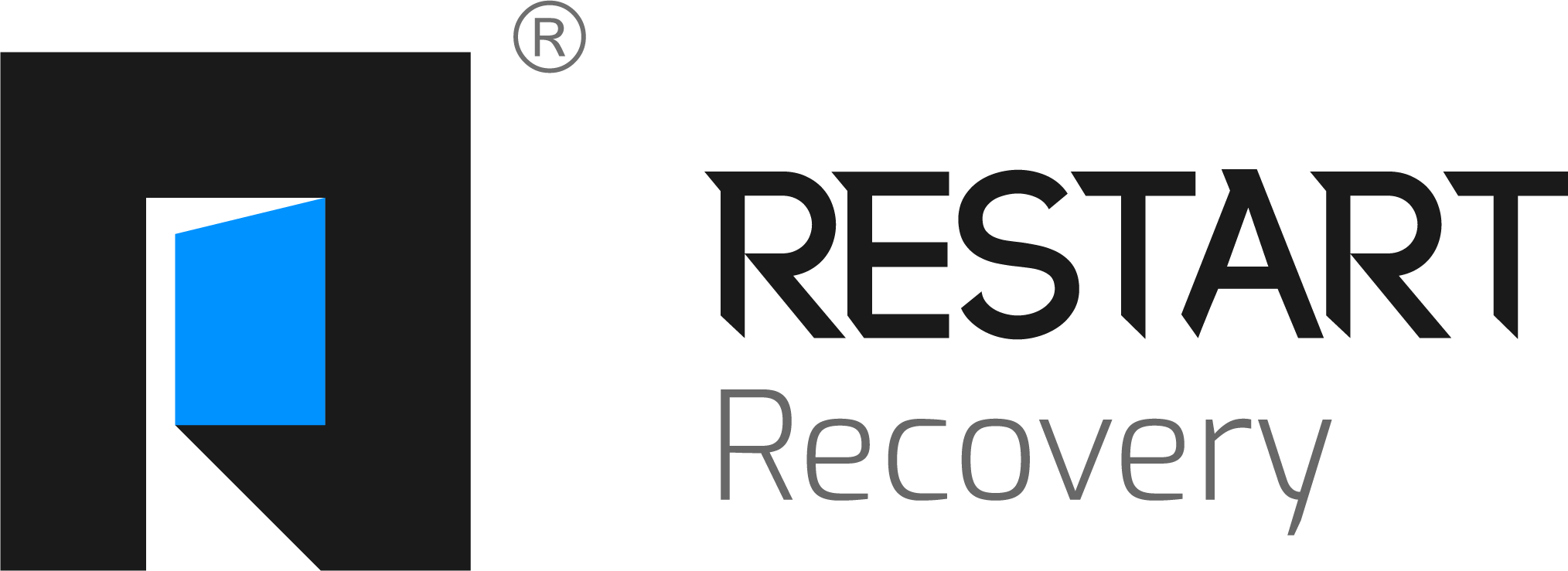What Is a “Dry Drunk”?
- Yasmin Maghsoudloo
- Feb 25, 2025
- 4 min read

What Is a “Dry Drunk”?
When someone gives up alcohol, it marks a significant step toward sobriety. However, true recovery involves more than just abstaining from drinking. For some, quitting alcohol without addressing the underlying emotional, psychological, and behavioral patterns can lead to what is commonly referred to as a "dry drunk." This term is often used to describe someone who is physically sober but still exhibits behaviors, attitudes, and thought patterns associated with addiction. Understanding what a dry drunk is, its signs, and how to address it can be essential for long-term recovery.
The Meaning of "Dry Drunk"
The term "dry drunk" originated in Alcoholics Anonymous (AA) and other 12-step programs to describe someone who has stopped drinking but continues to struggle with the same emotional and mental turmoil that fueled their addiction. While the individual may no longer consume alcohol, they haven’t addressed the root causes of their dependency or adopted healthier coping mechanisms. In essence, they’re sober on the surface but still emotionally stuck in the cycle of addiction.
Signs of a Dry Drunk
Identifying the signs of a dry drunk can help individuals recognize the need for further growth and healing. Some common signs include:
Resentment and Anger: Persistent feelings of bitterness, irritability, or frustration toward oneself or others.
Emotional Instability: Frequent mood swings or difficulty regulating emotions.
Negative Thinking: A pervasive sense of pessimism or hopelessness, even in situations where progress has been made.
Self-Centered Behavior: Difficulty focusing on others’ needs or an inability to form healthy, reciprocal relationships.
Cravings and Romanticizing Alcohol: Longing for past drinking experiences or idealizing alcohol as a solution to problems.
Avoidance of Support Systems: Reluctance to engage in therapy, support groups, or other recovery tools.
Blaming Others: Refusing to take accountability for personal actions and instead shifting blame onto others or external circumstances.
Lack of Purpose: A sense of aimlessness or dissatisfaction with life despite being sober.
These behaviors and attitudes can lead to significant challenges in recovery, including the risk of relapse if left unaddressed.
Causes of Dry Drunk Syndrome
A dry drunk state often stems from unresolved emotional and psychological issues that were masked by alcohol use. Some contributing factors include:
Unresolved Trauma: Lingering trauma or painful experiences that haven’t been addressed in a therapeutic setting.
Resistance to Change: Fear of exploring new behaviors or mindsets that challenge old, unhealthy habits.
Lack of Support: Insufficient engagement with a recovery community or professional guidance.
Unrealistic Expectations: Expecting life to improve dramatically after quitting alcohol without putting in the emotional work required for recovery.
Unmet Emotional Needs: Struggling to find new, healthier ways to cope with stress, anxiety, or loneliness.
How to Overcome the Dry Drunk State
The good news is that dry drunk syndrome is not a permanent condition. With the right mindset and tools, individuals can move past this phase and achieve a more fulfilling recovery. Here are some steps to take:
1. Engage in Therapy
Working with a therapist who specializes in addiction can help uncover and address the emotional and psychological factors contributing to dry drunk behaviors.
2. Join a Support Group
Participating in groups like Alcoholics Anonymous (AA) or similar recovery communities provides accountability, shared experiences, and emotional support.
3. Develop Healthy Coping Mechanisms
Learning new ways to manage stress, such as mindfulness, exercise, or creative outlets, can replace old habits and improve emotional regulation.
4. Practice Gratitude and Self-Reflection
Keeping a journal or engaging in daily gratitude exercises can shift focus from negativity to appreciation for progress made in recovery.
5. Set Realistic Goals
Creating achievable goals helps build a sense of purpose and direction. Celebrate small victories to maintain motivation.
6. Embrace Personal Growth
Recovery is an ongoing process of self-improvement. Embrace opportunities to learn, grow, and challenge old patterns.
7. Reconnect with Values and Passions
Exploring hobbies, career aspirations, or meaningful relationships can help bring fulfillment and joy back into life.
The Role of Support Systems
Having a strong support system can make a significant difference in overcoming dry drunk syndrome. Loved ones can encourage open communication and provide a safe space for individuals to express their feelings. Family therapy or couples counseling can also help repair and strengthen relationships strained by addiction.
Moving Toward a Fulfilling Recovery
Recovering from addiction is about more than just putting down the drink—it’s about creating a life that feels meaningful and rewarding. If you or someone you love is experiencing the challenges of a dry drunk, it’s important to remember that help is available. With patience, self-awareness, and the right support, it is possible to move past this phase and embrace the freedom that true recovery offers.
At Restart Recovery, we provide comprehensive care tailored to meet the unique needs of each individual. From therapy and holistic practices to support groups and personalized recovery plans, our approach focuses on healing the mind, body, and spirit. Contact us today to learn how we can support you or your loved one in achieving lasting sobriety.





Comments